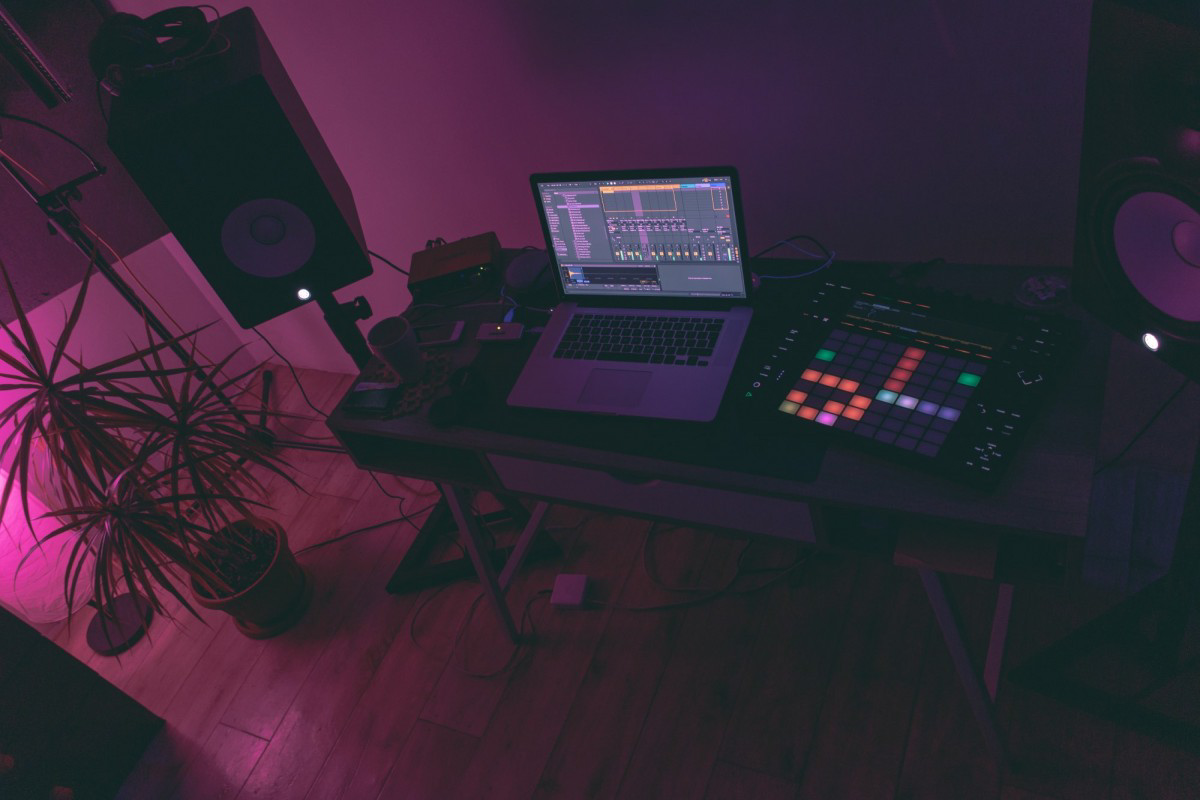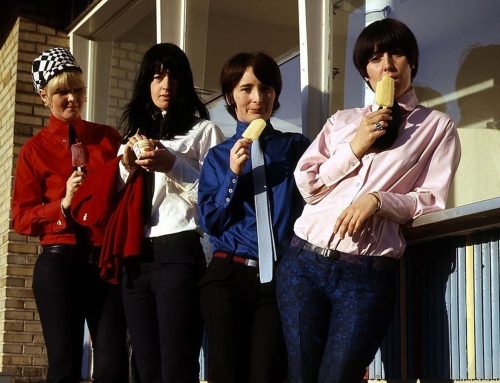Electronic Dance Music

Electronic music (EM) is a musical and social movement finding a new way to express new ideas within a generation, using music technology for creative potential in live performance and the studio. It is much more than music created by computers or electronic instruments. EM today is unlike more established forms of music such as classical music and jazz, which create a sound and image in our heads associated with a particular point in time. When we talk about classical music for instance, we put Bach, Mozart, Beethoven, Brahms, and Wagner into this same category from roughly 1400 to the late 1900s. In fact, the classical music period was from about 1730 to 1830. When composers like Bach, Mozart, Beethoven, Brahms, and Wagner created their art, there wasn’t a description for the epoch they were living and writing their music in. Historians had to invent terms to structure and categorise certain time periods.
Today it is common to use the term “classical music” as an overall term for all sorts of European art music created at any time from 1400 up to now. Similarly, Jazz musicians pushed the limits of their art form and created multiple genres through the twentieth century such as gypsy jazz, swing jazz, modal jazz, bebop and more. These days we refer to all of it under the broader category of “Jazz.” In retrospect, we can say that Classical or Jazz music represented a Zeitgeist, a “pulse of time” or a lifestyle that had a significant impact and style of life associated with its distinct time period.
The same appreciation and perspective must be applied to electronic music as it represents today’s largest popular musical and social movement. Like these giants before it, it encompasses a wide variety of artists united under one broad genre. Since the dawn of creative expression to today, music has functioned as a mirror of the time it was created in. Humans are in a constant process of self-realisation and evolution to understand themselves and the world, and music serves as a tool of expression and reflection to get them closer to this understanding. We are living in the time of machines, so it is no surprise that our current Zeitgeist is mirroring the digital landscape surrounding us. There is no doubt that electronic music will go down in history when the time to write this history comes.



